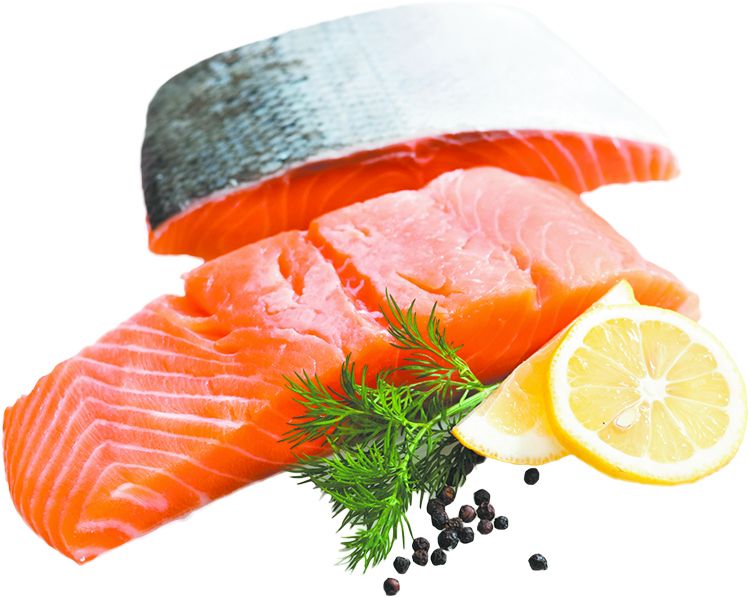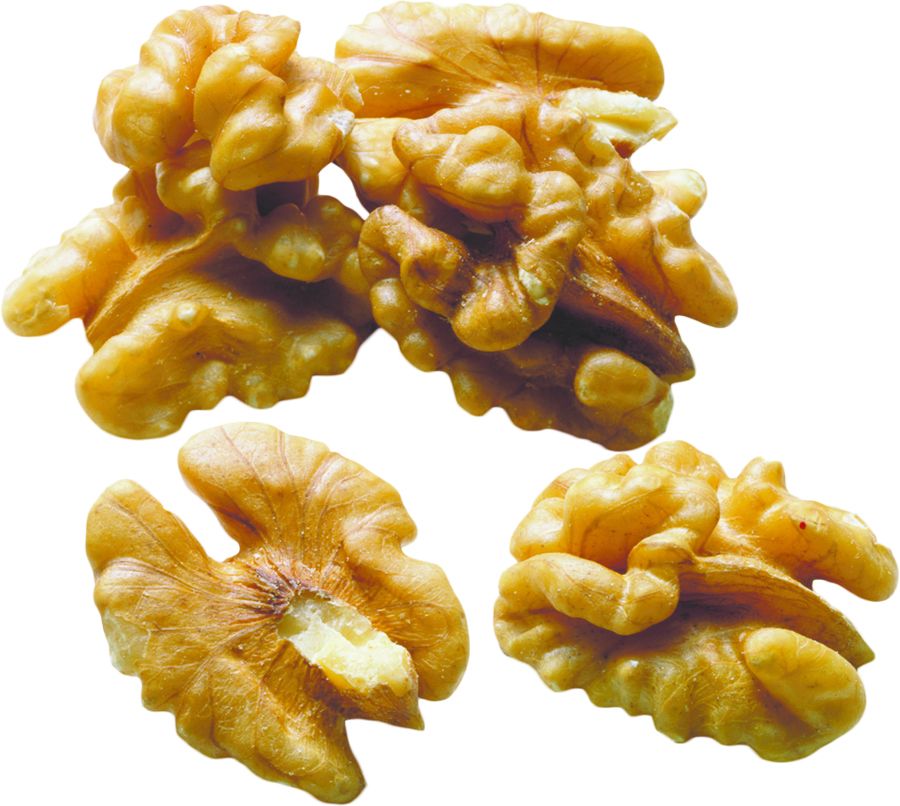Diet Comparison Challenges Conventional Wisdom on Calories
Does a small study comparing three different diets disprove the long-held belief that all calories are
Watch Your Weight and Help Protect Your Brain
Staying healthy and maintaining a normal weight may be good not only for your body but also for your
Almost Half of Obese Are Nonetheless “Metabolically Healthy”
Is it possible to be fat but still fit? The largest study ever to examine the "obesity paradox"- analyzing data on more than 43,000
“Ideal Weight” Gets Fatter, Too
Whats your ideal weight? As Americans get fatter, their answer is packing on the pounds, too.
7 Habits That Really Do Protect Your Heart
Celebrate American Heart Month by taking these simple steps for heart health. Making a number of small gradual changes towards lowering heart disease risk is a good and achievable goal.
Aerobics Best for Fat Loss
If you want to shed fat pounds and gain lean tissue, carry your weights as you hit the road.
People Who Eat More Fish Live Longer
Getting more fish into your diet has never been easier-and the payoff in better health and longevity has never been clearer.
To Protect Your Health, Find Ways to Work Walnuts into Your Diet
A new study, published in the Journal of Nutrition, adds to the evidence that the health dividends of boosting your walnut intake could also include reducing the risk of type 2 diabetes.
Smart Fat Choices Protect Your Brain
To reduce risk of cognitive decline, consume more omega-3s and unsaturated oils, fewer foods high in saturated fat.
Progress Seen on Cutting Trans Fats-But Slowing
A new report published by the Centers for Disease Control and Prevention






























